As a working actor and a working trainer, you could say I am a performance critic. In my other life as a psychologist, I see a wide range of similarities.
Instead of comparing business and theatre definitions of performance, I thought a good way to present this issue in the best light is to highlight aspects of Performance Psychology, which is related to all three.
To get us started, we don’t need a deep, reflective definition. A simple definition from Wikipedia will suffice:
“Performance psychology is a branch of psychology that focuses upon the factors that allows individuals, teams, and groups to flourish and to achieve their aim of being the best. It engages the performer on how to be successful by developing the power of the mind and to practice mental skills training in their daily lives.”
It shouldn’t surprise anyone that many of these factors are the same, similar or overlap. Performance psychology looks at three basic areas: sports, business, and performing arts and entertainment. The evolution is different, but as we look at training techniques and basic mental skills involved we see striking similarities. The same goes for goal setting, which is explored as a part of each separate area of interest.
Sport psychology is rather new in the field, going back only to the late 1800s and early 20th century, when Norman Triplett conducted experiments involving cyclists. He and others in the area realized that focusing on the mental as well as the physical is important to performance. And, I’m sure we would agree that is true in our business or professional lives as well as personal that our mental take on things affects our physical prowess, our energy, our motivation, and, of course, our results.
“When you learn to respond positively to challenges that you are presented with, your performance in training and in competitions will be affected by your emotional reactions to those challenges. Therefore if you can master your emotions, you will have the power to use those emotions as a tool to facilitate individual and team performance. Physical skills, physical fitness and mental skills are the building blocks of the complete athlete that produces outstanding sports performance. The difference between a great performance and a good performance or between winning and losing is often related to mental rather than physical abilities.”
We all know the importance of goal setting in all three areas, not just with sports. Setting long term vision and short-term goals motivate us. By setting sharp, clearly defined goals, you can measure and take pride in the achievement of those goals, and you’ll see forward progress in what might previously have seemed a long pointless grind. Communication, commitment, collaboration (buy-in and negotiation) is required for effective goal setting.
What’s the best way to look at goal setting. In 1990, Locke and Latham published their book called “A Theory of Goal-Setting and Task Performance” outlining five principles of goal-setting.
It’s called Be-SMART. You’ve probably heard of it.
- S – Specific (or Significant).
- M – Measurable (or Meaningful).
- A – Attainable (or Action-Oriented).
- R – Relevant (or Rewarding).
- T – Time-bound (or Trackable).
To have the principles of goal-setting is important, but to motivate these goals must have:
- Clarity
- Challenge
- Commitment
- Feedback
- Task Complexity
Now, we are beginning to see the Business/Professional Psychology side as corporations and business professionals need to empower people, including themselves in they are a one-man shop, to seek high levels of mental capacity to deal with the stressors of a changing environment. It’s more on the radars of corporations but smaller companies need to recognize it, too. A corporate executive in order to deal with the stressors must constantly seek to revitalize his or her motivation, strive toward self-mastery, and reinvent him or herself to adapt the company to change. In essence, the corporate or business professional athlete should be constantly renewing and reinventing.
As trainers we need to develop training programs designed to allow individuals to respond creatively and with a renewed sense of enthusiasm to the pressures and demands of work and life. Self-awareness, we know, is the foundation of change; renewal will help us regenerate and refocus our energy on new stressors, and quite simply strategy and tactics will give us the tools to deal with those new stressors.
Ironically, Performing Arts Psychology has been around longer than the two above. As long as there have been artists there have been people and institutions trying to find ways to enhance artistic performance, but the ideas and goals are the same. This specialty deals with the psychological factors associated with participation and performance in areas such as dance, music, acting, radio, and public-speaking and stresses direct, real-world application of psychological research findings to strengthen, compliment, and improve the artist/performer.
While not using the same words, we are still talking about enhancing performance, be it on stage, in the factory or on the playing field. Theatre, in particular, has always delved into the mental aspects of performance. I’m sure the other performing arts have done the same, but I am closer to “acting” so I will focus on what I know best. There is something to be said about how most of the acting approaches focus on the mental aspects of the craft, but Stanislavsky with his method and the Meisner with his improvisational method come immediately to mind. Both are deeply internal in approach. Each seek a mind over the body or physical approach to the art. What the mind sees, the body will do. So, mastery of the conscious mind is very important, and all methods strive to keep renewing and reinvent (sometimes in an obvious way) the individual performers.
“Fundamental peak performance proficiencies” cut across the three primary areas. Attitude, motivation, concentration, preparation, coach-ability, being a team player, leadership, or the ability to relax under pressure, are all attributes the peak performer possesses under any conditions. Peak performers have the ability to be self awareness, to self program, to visualize, to think critically and creatively, and to control effort.
- Relaxation
- Mental Rehearsal
- Focusing
- Positive affirmation
- Visualization
With all of these commonalities we can do little wrong. There must be something right for these diverse areas to come up with the same elements to do the job.
Performance psychology involves assessment and intervention strategies that enhance an individual’s performance and personal growth. It is said that Performance Psychologists are the chameleons of the practitioner world and I agree. Coming from all three worlds, I see the intersections and application clearly. I guess that makes me a chameleon of sorts myself, but I must say in the area of performance it certainly doesn’t hurt.
That’s it for me. Check out my website for more writings on various topics, including theatre performance and basic communication. My new book, deemed by some to be an item for every trainer’s toolkit is available at most e-book retailers for a very low price. My gift to you for the holidays, The Cave Man Guide to Training and Development takes a look at the way we have complicated the learning process, and how much of we need to know in many cases is to remember how we got those complicated ideas in the first place. Happy training.




The authors of the referenced book on Goal-Setting and Task Performance are Locke and Latham.